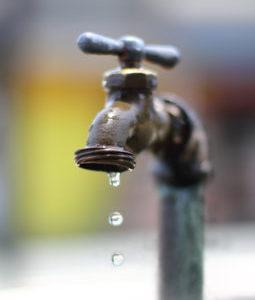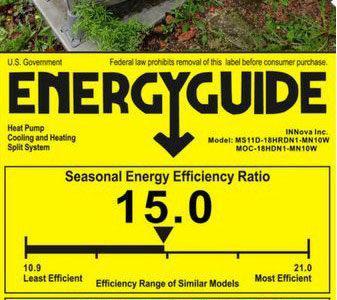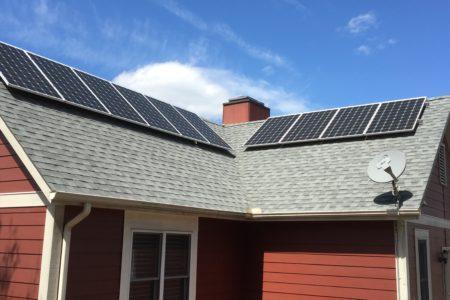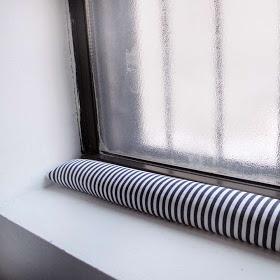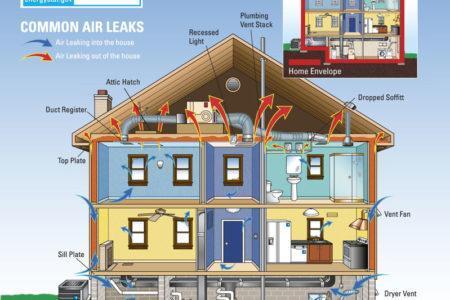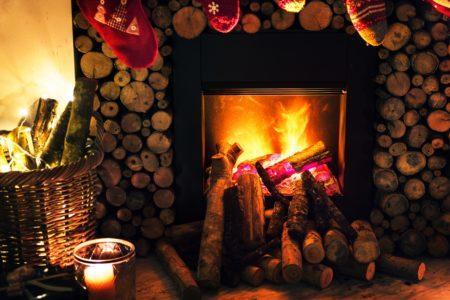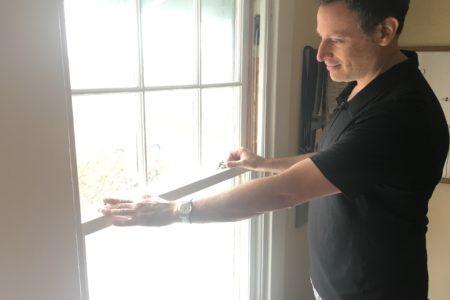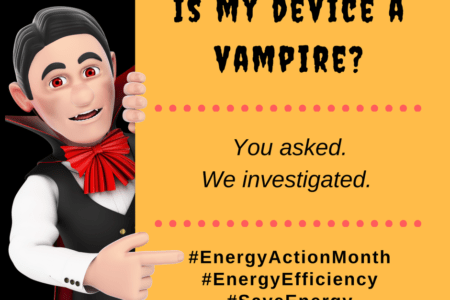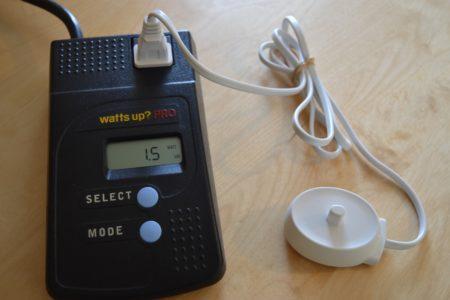Water Conservation is Energy Conservation
Conserving our limited water supplies is always a good idea, but did you know there is also a direct connection between water and energy use? Delivering water and wastewater services is an energy-intensive effort, as the water is treated, pumped to our homes and businesses, then pumped to wastewater facilities to be treated again. read more...

